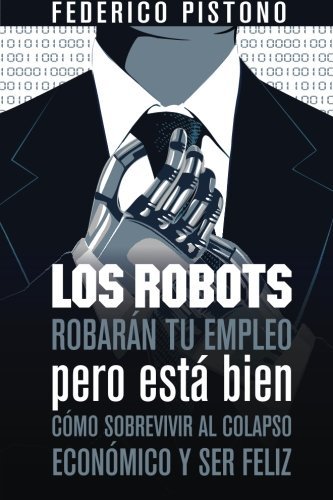What do you think?
Rate this book


226 pages, Paperback
First published October 14, 2012
It turns out that just giving people money is not enough. We know that because people with full unemployment benefits were reportedly less happy than those who were employed, with otherwise similar characterises (controlling for other variables). Work does matter, after all.
We have not learned to take care of our gerbil (peak oil, environmental degradation), yet we are asking for a pony (fusion or whatever supposedly infinite supply of energy we have in mind, space colonisation, infinite growth). This is quite arrogant and irresponsible at the same time.
We ought to be better than spoiled little children. It is time to grow up and move forward.